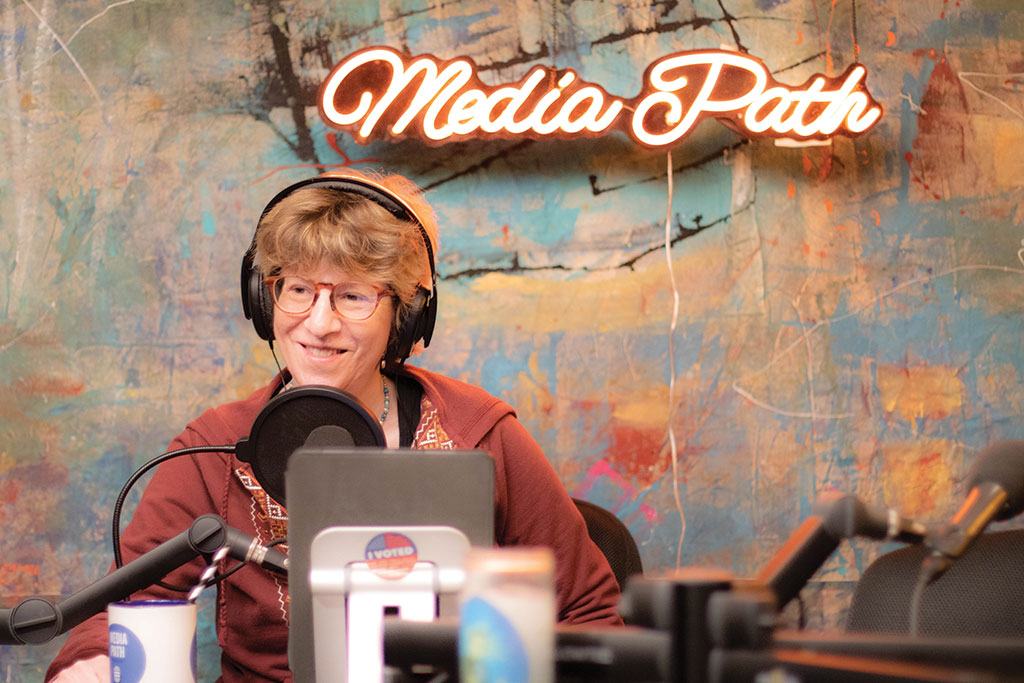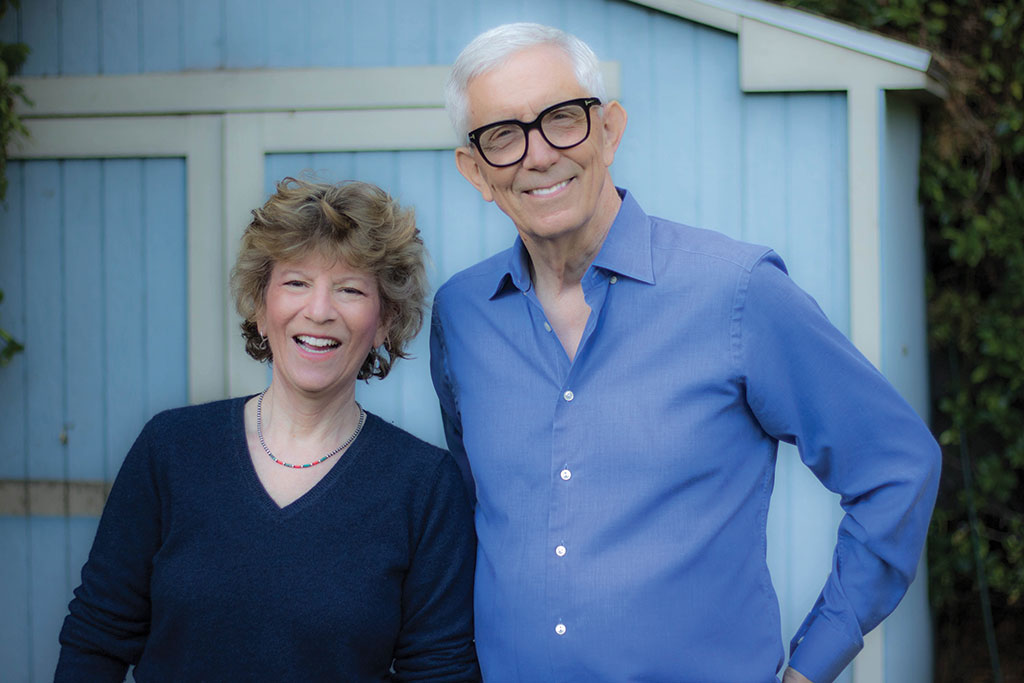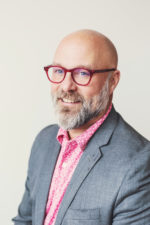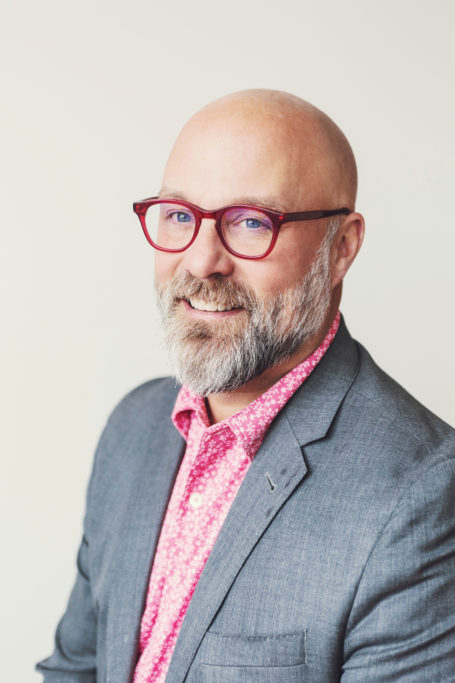Producing a Powerful Podcast
Interview with Louise Palanker
A podcast is a dynamic marketing tool that can boost your business and brand above the competition.
Louise Palanker, cofounder of Premiere Networks and cohost of the Media Path podcast, shares her secrets to creating a powerful audio program that will draw in thousands of listeners.

Tell us about your current podcast, media path:
I started it during the pandemic in 2020 when my cohost, Fritz Coleman, retired from his career as a weatherman after forty years. He’s always been my dream cohost, and now he has the time to collaborate with me. In each episode, we like to take deep dives into books, politics, and anything associated with pop culture. We’ve had fantastic guests, including actor Henry Winkler, musician John Sebastian, and singer Gary Puckett.
When did you first get into this field?
My first podcast was in 2005, in the very early days of the industry. It was called Weezy and the Swish, and I hosted it with my friend Laura Swisher. We had both just heard about this new thing called a podcast and decided to create one together. It was amazing to use what were new technologies at the time to take our thoughts and produce them for others to hear. We certainly faced a learning curve at first. But now there’s a lot of it I can do myself—I do a ton of the preproduction and postproduction work on my podcasts. And for what I can’t do, I surround myself with people who can.
What qualities are essential for hosting a podcast?
Being fast on your feet is important. I did a lot of stand-up comedy before I started hosting, and that kind of background helps. You need to be the type of person who doesn’t break into a cold sweat giving a speech at a wedding. Podcasting is like anything in that it isn’t for everyone. I’m not going to jump out of a plane, but you might. Don’t pressure yourself to do something that doesn’t feel like a good fit.
How can someone improve their podcasting skills?
I would suggest not posting your first five podcasts. Seriously. I’m sure some people have and are now mortified. You’re going to need a basic level of knowledge and some equipment to get started, and even then, your podcasts might not be good. If you just want to communicate your thoughts, it will be easiest to first try blogging. Putting words together takes practice, and writing a blog can teach you how to do that. With time, you’ll learn how to speak easily so it sounds like you’re chatting with your best friends.

Who makes for a good guest?
Someone who has a background in public speaking and understands the value of storytelling. They need to know how to create sound bites with a beginning, a middle, and an end and how to finish their thoughts and let the host ask the next question. They should also be relaxed and easy in their style; it’s all about relating to people and communicating in a way that’s engaging. One of my favorites is Peter Noone from the band Herman’s Hermits. He’s a great storyteller, knows everyone, and was part of the British Invasion in the 1960s. He’s very interesting—he mostly talks about the people he’s encountered rather than himself.
What are some of the hurdles associated with creating a podcast?
There are so many places where a podcast can break down. Many don’t get past ten episodes, and you’re not going to make a living at it at first. While you’re learning, you should dedicate about ten to twenty hours a week to it. It’s not as easy as turning on a microphone and talking. NPR was the best at podcasting right away and immediately went to the top because it had already done years of this type of storytelling. And it’s still ahead of everybody.
How can someone gain the technical skills they’ll need?
You can learn a lot from the many great YouTube tutorials out there. You could also hire a company to help your podcast, though it will come at a cost. It will coach you, edit your podcasts, and help you jump through all those tricky hoops involved with producing a podcast, getting you past the learning curve.
How does one get a podcast published?
You can’t submit it directly to Apple or Spotify; you must get it accepted by a podcasting platform first. One I’m on is Transistor.fm, which stores our podcasts and publishes them to an RSS feed that’s then submitted to Apple Podcasts and others. I also recommend Libsyn. The video version of my podcast then goes on YouTube.
Once a person has a podcast, how can they promote it?
Promoting a podcast is the trickiest part, even if you can do almost everything yourself. I hired a publicist because I’m not a good self-promoter. The best thing is to be consistent and predictable, like a TV show. For example, my podcast goes live every Thursday morning. I also use the email platform Mailchimp to promote it. I send a newsletter with a fun personality so people will want to open it. Most individuals want to get just the things they like and have the rest filtered out. So our goal is to create something that cuts through the noise and provides the content they seek.


















